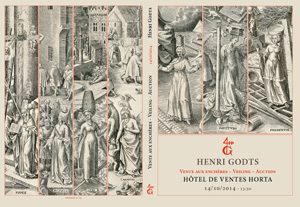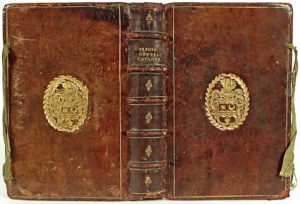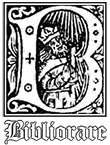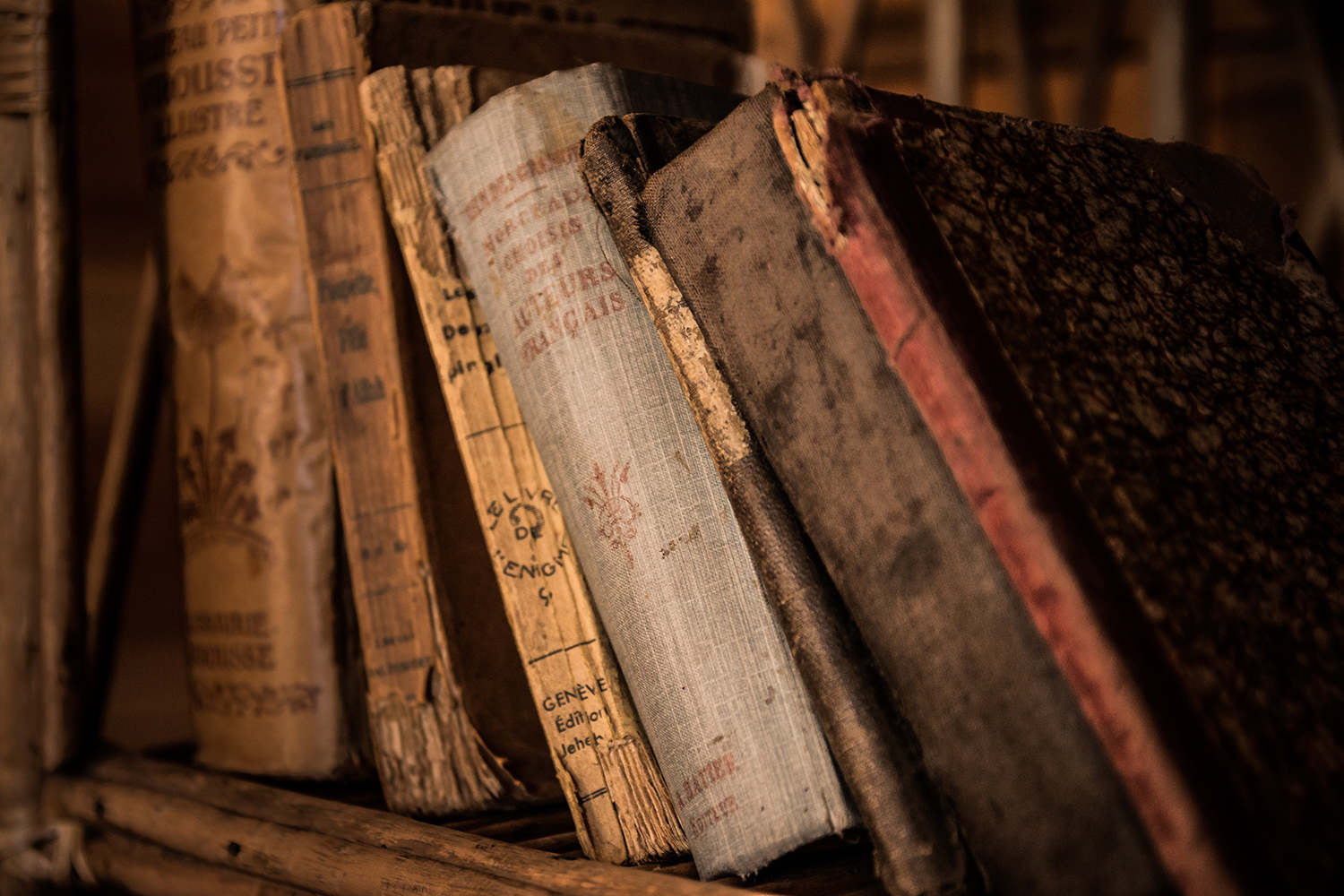(Auteur de l'antiquité) - PLINIUS Minor.- Epistolarum libriX[...]. (Basileae, per Hieronymum Froben. et Nic. Episcopium, calendis Martii) 1552. 2 parts with continued pagination in 1 vol. in-f° : [10]-[2 bl.]-1/494-[2 bl.], 495/628-[20] pp. (quires...
Description
Edited by the Italian humanist Giovanni Maria Cattaneo (+ 1529 ?), the first nine books cover a serie of Pliny's personal letters adressed to his family, friends and associates, the tenth contains exclusively missives directed to or from the Emperor Trajan and was, contrary to the others, never intentend for publication by Pliny himself. This collection is rightly considered to be one of the most valuable and truthful testimonies of the Roman society in those days. The second part of the volum contains the "Liber de viris, in re militari et administranda republica" edited by the Alsacian humanist Conrad Lycosthenes (1518-1561). Work in neat typography with small decorated initial letters, some dotted, and Froben's marks on title-page and at the reverse of last page. # Adams P-1545; # USTC 604741; # VD16 P 3489; # not in Soltész nor in Machiels. ▲ Provenance : supra libros of the family Laurin. Identified as from Marc Laurin (1530181) but stamped later as the binding is posterior, perhaps attribuable to Henri Florent Laurin (1618-1662) whose portrait is stuck on the upper pastedown; Parmentier 1792, "titulo donationis" (handwritten mention). T Lettres éditées par l'humaniste Italien Cattaneo. La seconde partie, donnée par Lycosthenes, contient le "Liber de viris, in re militari et administranda republica". Plein veau moucheté armorié du 17e s. (cahiers Eee et Fff inversés, pp. 496 et 498 collées ensembles, 66 ff. vierges reliés à la fin).



